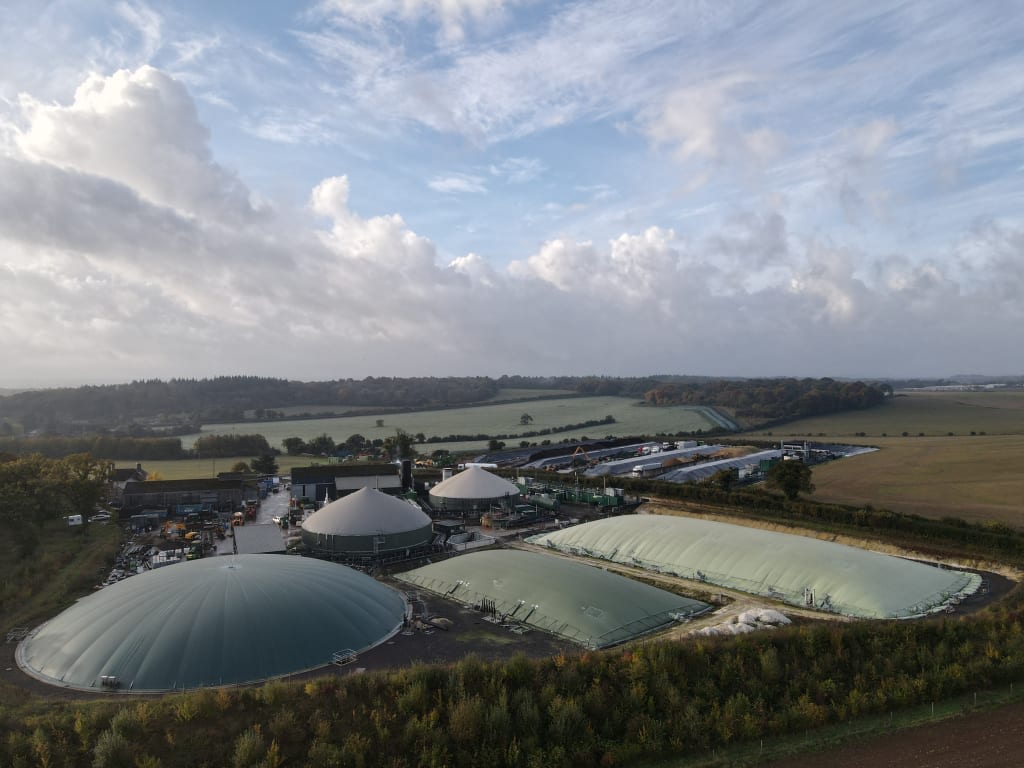What to do in your garden this Easter Weekend
Spring is definitely here with the clocks changing, the welcome sight of daffodils blooming and trees in full blossom, so there are plenty of jobs to be done in the garden!
- By now your vegetable plots and flowerbeds have been dug over and weeded. Did you know adding a layer of mulch can help suppress seasonal weeds?
- Feed your beds and borders with our sustainable mulch. There is still time to use our nutrient-rich mulch to improve your soil throughout the year. It’s peat-free, weed and waste-free and rich in NPK nutrients. Approved by the Soil Association for organic use, it suppresses weeds and retains moisture throughout dry periods, and regulated soil temperature during really hot periods.
- When applying our mulch this Spring, we would strongly recommend leaving a space around your young or tender plants. Or use an upturned flowerpot! Place it over the plant and spread the mulch around it, doing this will avoid any chance of burning issues. This happens due to the ammonia content in the mulch – this will dissipate after around 24 hours being outside
- Now is the time to start thinking about planting. Plan your garden layout and choose the plants you want to grow. Remember to incorporate plenty of organic matter and feed as you plant.
- The Easter weekend is a good time to fill gaps in beds and borders with shrubs, border perennials and rose bushes. Choose healthy plants with young buds, making sure they are well watered before and after planting.
- Containers can benefit from a top dressing of mulch along with our Natural Plant Food, this gives them a headstart into Spring

Sustainability and efficiency is at the heart of everything we do at Apsley Farms. We’ve adopted cutting edge technologies and turned low value crops into renewable energy. We focus on a circular economy by returning the nutrients in our digestate products back to the land as a fertiliser.
Our process of generating green gas and other important by-products ticks three important boxes: it displaces natural gas (fossil fuel) in the gas grid to heat people’s homes; it displaces CO2 made by the fertiliser industry, which is essential in the food industry; and it simultaneously generates natural fertiliser in the process!

